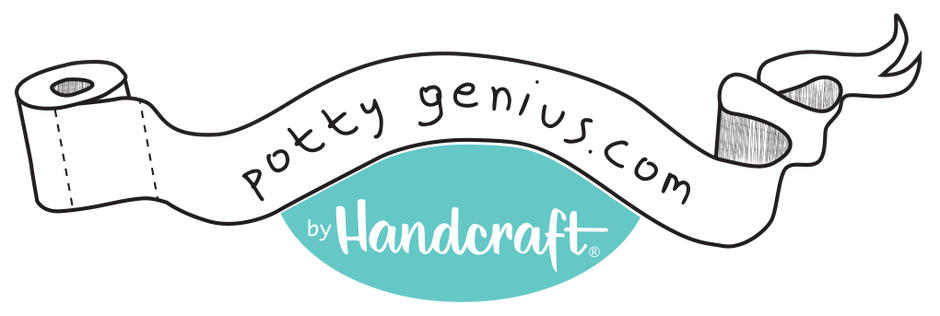How to Evaluate Potty Training Readiness
If you think for some reason that your child is ahead of schedule developmentally and you don’t want to wait, you can evaluate her potty training readiness using information available in many places. For example, the website of the American Academy of Pediatrics (AAP) has a section on toilet training with multiple helpful articles. The AAP recommends a child-oriented approach to potty training, in which you teach your child to use a potty. The process usually takes a number of months, longer if it goes badly and your child gets angry or frightened. If you begin potty training too early, you may have to stop if your child cannot understand what you want her to do.
If you are planning on using an intensive method like Azrin and Foxx, you can use their tests to see if she is ready for potty training. The test areas include bladder control, physical readiness, and instructional readiness. Azrin and Foxx believe that if a child is lacking only instructional readiness, she may be able to learn the necessary words (like “here, “there,” “pants,” and “wet,” among others). You can teach her keywords and then try training. If your child does not pass the other tests, she is not ready to begin potty training.
Your Child Seems Ready for Potty Training, but Training Doesn’t Start Well
Dr. T. Berry Brazelton, one of the first proponents of child-oriented training, believed that children give clear messages when they aren’t ready. For example, you should not continue training a child if she:- Makes it clear she doesn’t want to learn to use the potty, either by saying ‘no’ or through her actions (running away, crying, or screaming)
- Gets upset when you want to take off her diaper so she can use the potty
- Looks at the potty and urinates on the floor
- Hides and has a bowel movement in a closet or corner of a room
- Always says ‘no’ when asked if she needs to use the potty
Other Factors that Affect Potty Training
Most experts say that significant stresses to a child and/or the whole family make toilet training too difficult. According to the AAP Guide to Toilet Training, there are definite times when you should not begin potty training, including:- Your family has just moved
- You have a new baby
- You are a two-parent household and are separating or divorcing
- Your child is in the resistant “terrible twos” phase and frequently says “no”

